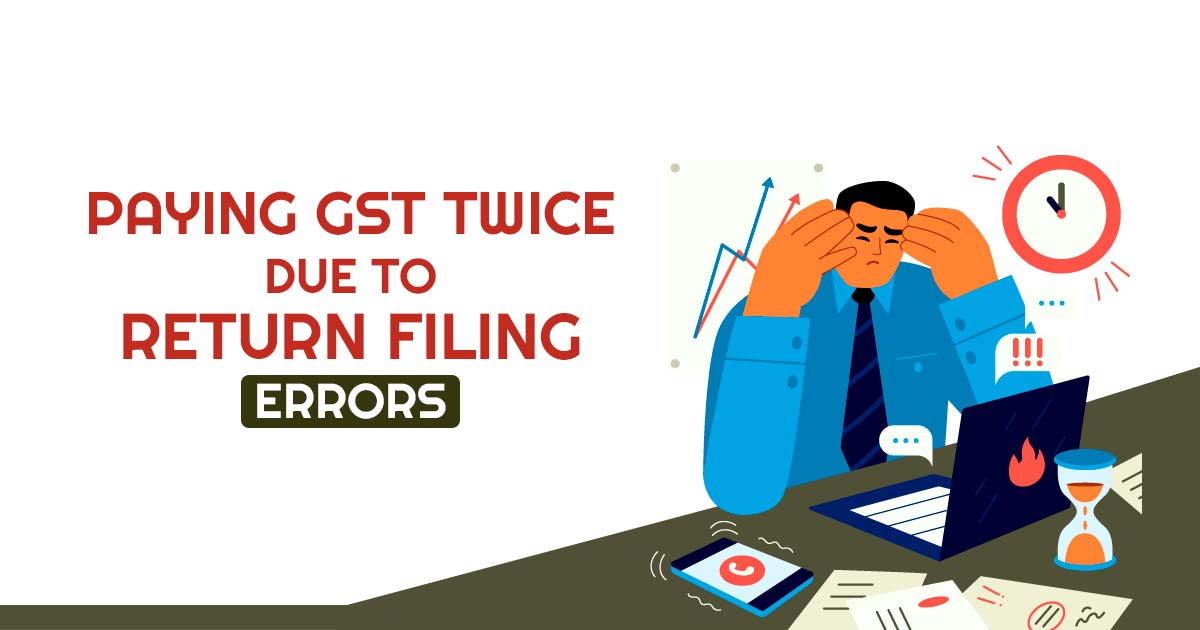
Real businesses are suffering despite the taxmen busting the networks of bogus entities and fake ITC claims that proceeds with hundreds of crores of rupees. Between the filings of the buyer and seller, the GST data mismatch restricts the buyers to claim the input tax credit.
ITC stands for Input Tax Credit, a credit for GST paid on purchases of products or services that will be utilized for business purposes, such as GST paid on raw materials. The buyer’s GST liability may be subtracted from this ITC amount.
Genuine customers must retract their ITC claims as a result of data mismatch; for a major firm, the amount might be in the crores of rupees.
The majority of ITC-related concerns stem from improper or incomplete reporting by the supplier, which leads GST authorities to believe that the supplier has not paid the tax. The authorities go on to state that the buyer (the recipient of the goods or services) is not entitled to ITC against such a transaction.
A common question at the time of the GST audit concerns the ITC reconciliation in the buyer’s Form GSTR 2A/GSTR-2B, with monthly returns uploaded via the dealer in Form GSTR 3B. The buyer might be needed to reverse the input tax credit that comes from mismatches.
Buyers are now more susceptible to inspection and demands following the recent rollout of the automated scrutiny system. Genuine purchasers are dealt a double blow since they have paid the GST to the seller (as part of the invoice amount) and now they have to pay it again because the ITC claim was reversed. In most cases, 18% interest and penalties that can be as high as 100% of the incorrect ITC value are also levied.
For the case of Suncraft Energy, the Calcutta High Court ruled that prior to asking for the reversal of the ITC from the buyer the authorities should opt for the action against the supplier. The HC also cited two press releases from 2018 that stressed the fact that the ITC is not immediately reversed in the hands of the buyer when the seller fails to pay taxes. The effects of this choice have been reduced, nevertheless, by changes to the GST statute.
From 2022, 16(2)(aa) would come into force. The same furnishes that a buyer would get qualified for the GST merely when the supplier reports the information of the invoice in its outward return (GSTR-1). The same would get auto-populated in the buyer’s Form GSTR-2B.









